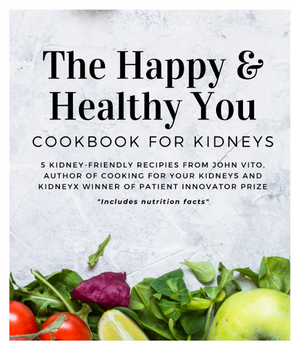Initial Safety Studies of a Probiotic for Renal Insufficiency
This abstract poster presentation was presented at the 3rd World Congress of Nephrology, held from June 26 – 30, 2005, Singapore
Purpose: To assess the safety of a preparation of enterically coated food grade microbes with potential application in renal failure patients.
Experimental Details: Neither literature citations nor mandated requirements exist for human clinical trials prior to marketing and sale of any probiotic product formulations in USA. Broad use for over a century of food grade probiotics indicates their recognized acceptance though no specific protocol validates their safety. Probiotics are not considered as part of the clinical arsenal for either prevention and treatment of disease or maintenance of health. Hence, our continuing exploration of our proprietary probiotic preparation “Kibiotics” promoted an in-house safety study supervised by Nicholas A Kefalides, M.D., Ph.D., - Emeritus Professor of Medicine, University of Pennsylvania, and Philadelphia, PA.
This prospective in-house volunteer study was performed in seven healthy volunteers Kibow’s employees (2 women and 5 men - aged 23-65 years.) who gave written informed consent. Each subject consumed varied dosages, of 30 billion CFU to 75 billion bacteria fed in 2 to 5 gel capsules/day. All the volunteers were subjected to monthly history and physical examination and routine laboratory studies, which included blood draws and urine specimen collection. Total compliance in adhering to the consumption of the product was 99.8%. Blood and urine chemistry and other parameters were analyzed by an independent outside clinical laboratories.
Results: During the study period (four months) of this limited phase I clinical trial, none of the volunteers reported serious adverse incidents or related events. A total of five non-serious and temporary adverse events such as mild bloating were reported during the first two days of probiotic ingestion though no events were reported after the seventh day of probiotic ingestion.
Conclusion: Based on a total experience of 28 patient months of safe consumption of 30-75 billion CFU’s of enterically coated probiotic gel capsules, we believe further clinical trials of the Kibow probiotic may be conducted to determine whether their ingestion favorably alters the course of progressive renal insufficiency. The investigations suggest a good safety profile with no adverse results. Thus, one could safely use this product formulation.


